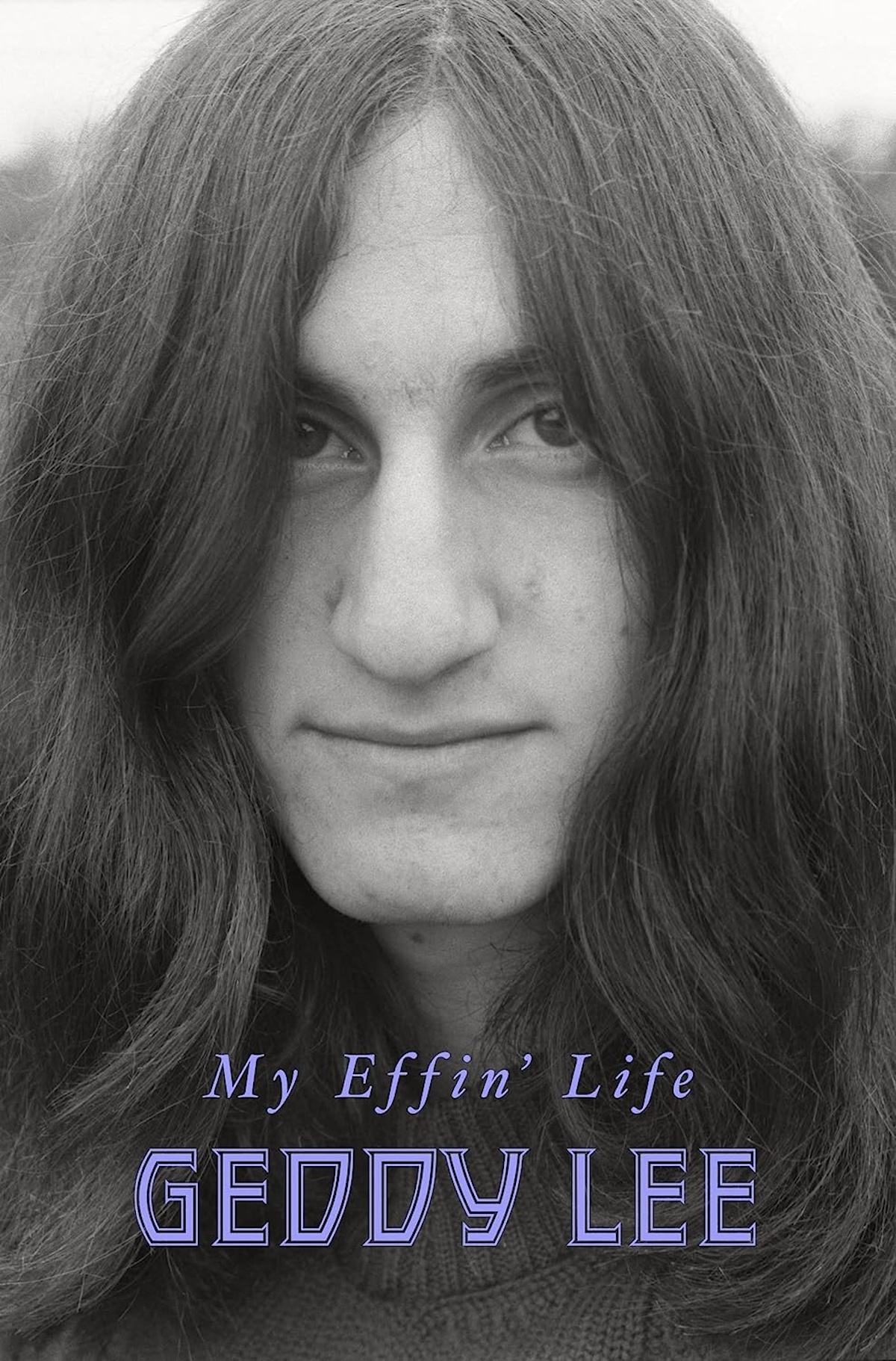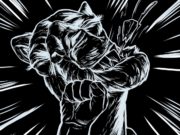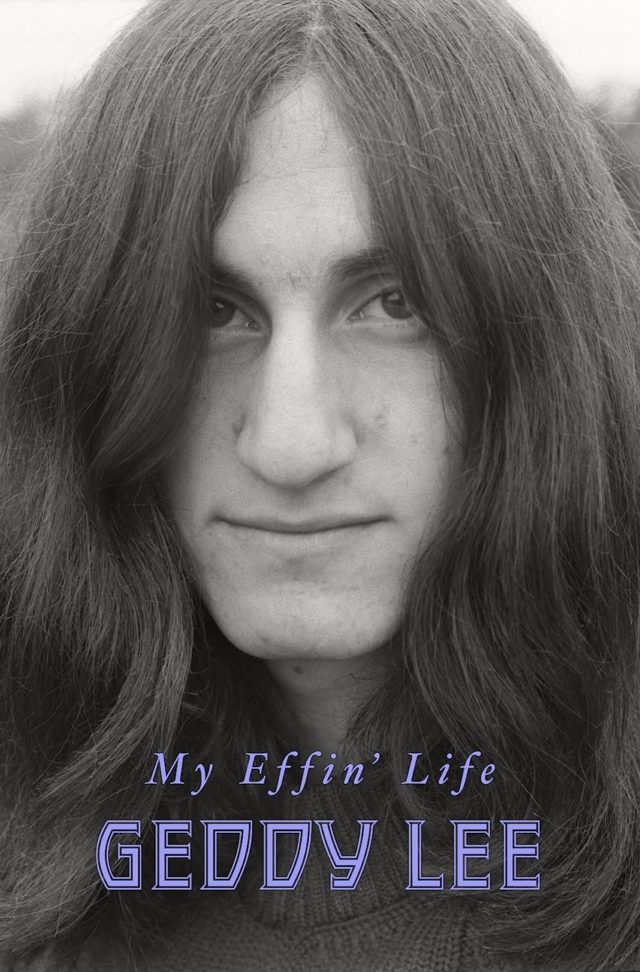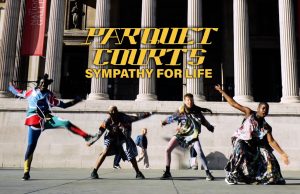When I’m not listening, watching or posting about music, I’m probably reading about it in a memoir or biography. Like this one:
 My Effin’ Life
My Effin’ Life
By Geddy Lee
This is why you shouldn’t judge books by their covers. Or their titles.
Between the sullen-teen mugshot and the hoser-speak handle, I honestly did not have high hopes for the Rush frontman’s hotly awaited memoir (co-written with Daniel Richler). Now that I’ve read it, I stand happily corrected.
Revealing and reflective, funny and frank, Lee’s chronicle of life in (and out of) the beloved Toronto prog-rock power trio is much better than I expected. Mostly because of what I didn’t expect. Like the myriad references to the band’s apparently copious drug use (though, really, anyone who’s perused their early lyrics probably could and should have seen that coming). Or the moving tale of his parents’ World War II concentration-camp courtship, his father’s untimely death and the effect it had on Lee’s family, faith and future. Or his revelations about the hardships that his career imposed on his marriage.
Don’t get me wrong: The bulk of the 500-plus-page tome is most certainly focused on the tumultuous but ultimately triumphant tale of Rush, with Lee leaving few musical stones unturned as he chronicles his decades-long professional and personal partnerships with childhood-pal guitarist and irrepressible merry prankster Alex Lifeson and intellectual, introspective drummer and lyricist Neil Peart (recruited following the — let’s be honest — fortunate departure of mercurial, less-talented percussionist John Rutsey). And of course, the fanboy / rock geek in me happily devoured Lee’s detailed, witty reminiscences about writing and recording all their classic albums, touring with everyone from KISS to Max Webster, and determinedly sticking to their guns to forge a unique career path that took them from high school stages to the Rock And Roll Hall Of Fame. But My Effin’ Life isn’t just a career highlight reel — it also documents the band’s darkest days, including the deaths of Peart’s daughter and wife in less than a year, and his own battle with the brain cancer that killed him in 2020 at age 67, leaving his bandmates with an uncertain future.
And ultimately, it’s Lee’s willingness to go behind the scenes, burst the bubble of stardom and own up to his faults, foibles, feelings, fears and failings — all of which are related with the brusque candidness and self-deprecating wit I recall from interviewing him back in the day — that makes My Effin’ Life a compelling autobiography, and a cut above the usual sex, drugs and rock ’n’ roll narratives. Read it and judge for yourself.









































